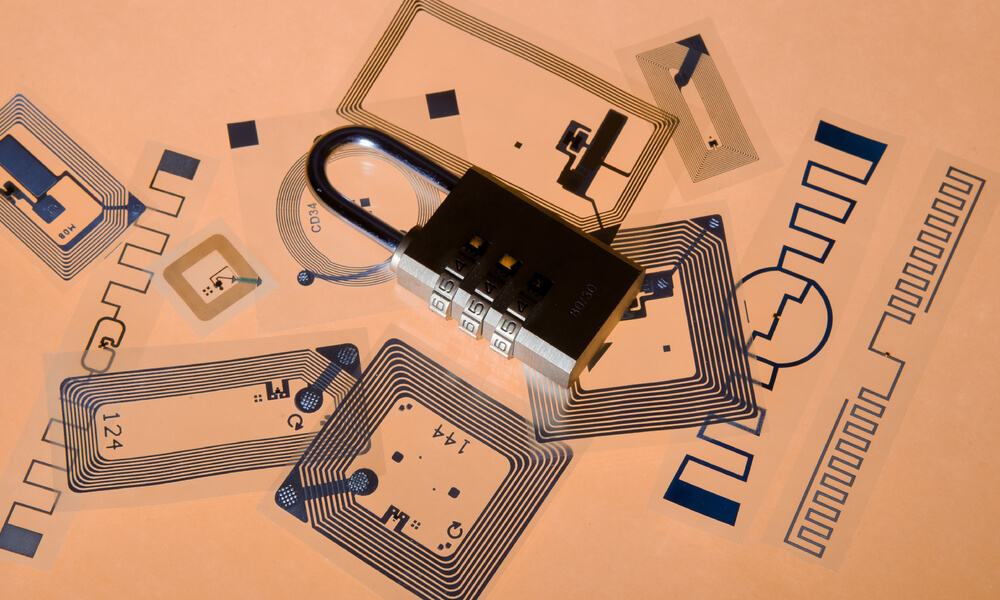RFID technology is not for every business, but it could be right for yours.
You’ve probably used Radio-Frequency Identification (RFID) tags numerous times already. They’re embedded into passports, E-ZPass toll collection tags, and reusable public transport cards such as the Oyster card in London or the Ventra cards in Chicago. Many large businesses have also adopted RFID tags for various applications in their company, from production tracking to inventory management.
While RFID tags have been available for decades, their recent widespread usage is the result of a drop in cost, improvements in accuracy, and the adoption of new international standards. This makes the technology increasingly accessible for small businesses. However, that doesn’t mean it’s right for your business. To understand whether your small business should invest in RFID technology, it’s important to look at the advantages over your current system its potential applications.
Advantages of RFID tags over bar codes.
RFID tags come with several tracking advantages over the traditional bar code. For one, an RFID tag doesn’t require a line of sight to be scanned, they only need to pass by a reader. This means that items with RFID codes can be scanned within a storage container without being unpacked. Unlike bar codes, RFID readers can scan tags in bulk. This makes tracking items with RFID tags master and more efficient.
How can you use RFID tags in your business?
There are many applications RFID technology across diverse businesses. Here are some of the main ones your business should consider.
Production Tracking
RFID tags have been used extensively in the auto industry to track progress of vehicles along an assembly line. This practices has been used by other manufacturing businesses to monitor assembly lines to identify slow points in the system that could be improved.
Access Control
RFID tags can be used with ID tags to control who has access to what areas of a building. They can also be used with automobiles, as with the E-ZPass system used on many toll roads throughout the US.
Shipment Tracking
Without the need to unpack items and scan them individually, many businesses have been able follow the progress of shipped goods by scanning entire trucks or shipping crates at once.
Inventory Management
For stock with high turnover, RFID tags can help maintain an accurate inventory and in locating lost items. In particularly, businesses that rent out items have used RFID tags to keep better track of their supply. This includes many libraries, who use RFID tags in books to expedite their checkout and returns process.
RFID technology has a lot of proven applications, but it won’t solve every problem.
Like any technology, investing in it will come at an opportunity cost. RFID tags can streamline your business and make your processes more efficient. But while RFID technology has become more affordable, any resources you divert toward it will come at the expense of other capital expenditures.
If you want to know more about using RFID technology with your business, we recommend looking into its applications as part of a broader IT assessment. We can consult with your business to understand your current IT needs and identify areas most in need of improvement. With a complete understanding of your current IT situation, you will be able to make an informed decision about where to invest your business capital.
